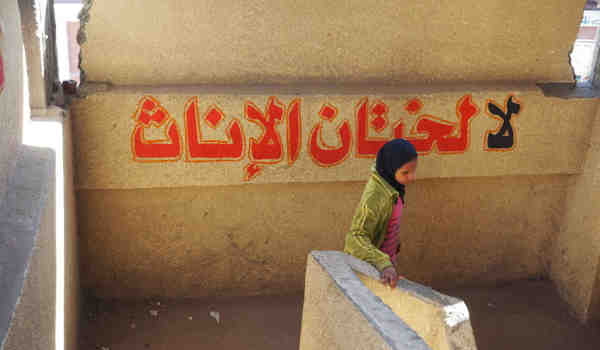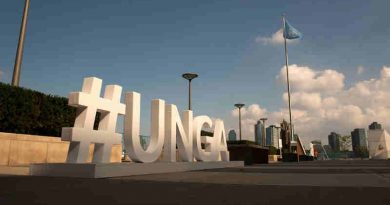Say “No” to Female Genital Mutilation: UN

On the International Day of Zero Tolerance for Female Genital Mutilation (FGM), marked every year on February 6, and this year focused on ending the ‘medicalization’ of the procedure, United Nations (UN) Secretary-General Ban Ki-moon called on health workers around the world to eliminate what he called a ‘deeply harmful’ practice.
FGM is the removal of some or all of the external female genitalia as a religious rite. The process is carried out by a circumciser using a blade or razor – with or without anaesthesia.
“Change is coming from within the communities. Breaking the silence and disproving the myths around female genital mutilation are the first steps along the way to eliminating it altogether,” said Mr. Ban in his message on the Day.
“If everyone mobilized – women, men and young people – it is possible, in this generation, to end a practice that currently affects some 130 million girls and women in 29 countries where we have data,” said Mr. Ban. “I call for all people to end FGM and create the future we want where every girl can grow up free of violence and discrimination, with full dignity, human rights and equality.”
According to the United Nations, FGM has no health benefits, and it harms girls and women in many ways. It involves removing and damaging healthy and normal female genital tissue, and interferes with the natural functions of girls’ and women’s bodies.
Immediate complications can include severe pain, shock, haemorrhage (bleeding), tetanus or sepsis (bacterial infection), urine retention, open sores in the genital region and injury to nearby genital tissue.
Long-term consequences can include recurrent bladder and urinary tract infections, cysts, infertility, an increased risk of childbirth complications and newborn deaths, and the need for later surgeries.
According to UNICEF, around one in five girls have been cut by a trained health-care provider. In some countries, this can reach as high as three in four girls. Countries with the highest number of FGM cases performed by health workers are – Egypt (77 per cent), Sudan (55 per cent), Kenya (41 per cent), Nigeria (29 per cent), and Guinea (27 per cent).
FGM reflects deep-rooted inequality between the sexes, and constitutes an extreme form of discrimination against women. It is nearly always carried out on minors and is a violation of the rights of children, the UN says.




